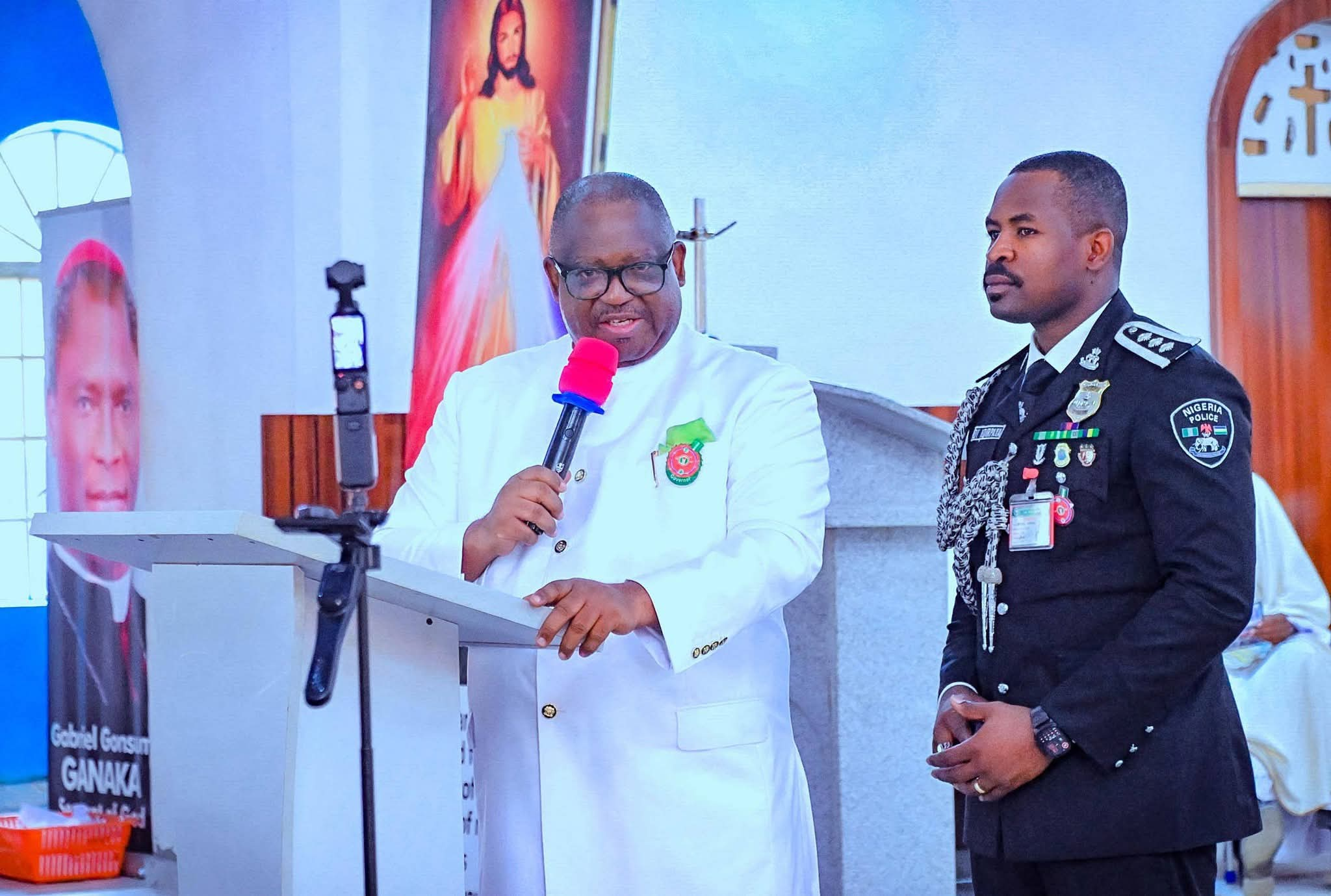In a major legislative milestone, the Senate, yesterday, passed the final two of four critical Tax Reform Bills, signalling the near completion of President Bola Tinubu’s ambitious tax overhaul agenda.
The passage marked a defining moment in Nigeria’s economic history, laying the groundwork for a modern, equitable and transparent tax system. With the passage of the Senate and the House of Representatives will still go into a conference committee to harmonise areas of difference in the bills as passed in the respective chambers before the final drafts are sent to President Tinubu for approval.
In a move that redefines inter-governmental fiscal relations, the Value Added Tax (VAT) derivation formula was revised. VAT will now be distributed based on place of consumption rather than origin, with the Federal Government receiving 10 per cent, states 55 per cent, and local governments 35 per cent.
The first two bills, the Nigeria Tax Administration Bill 2024 and the Nigeria Revenue Service (Establishment) Bill 2024, were passed on Wednesday.The Joint Revenue Board (Establishment) Bill, 2025 and Nigeria Tax Bill, 2025 were passed during plenary just a day after, completing a unified package transmitted by the executive late 2024.
“This is a turning point for Nigeria’s fiscal governance,” said the Chairman of the Senate Committee on Finance, Sani Musa, who championed the reform process. “We are finally aligning with global best practices to improve our tax-to-GDP ratio and ensure long-term prosperity.”
The four bills represent the most comprehensive overhaul of Nigeria’s tax architecture in decades. At their core, the reforms aim to streamline tax administration, simplify compliance, promote equity and improve revenue generation across all tiers of government.
The centrepiece of the new framework is the replacement of the Federal Inland Revenue Service (FIRS) with the Nigeria Revenue Service (NRS). The restructured agency will be governed by an independent board comprising a chairman, an executive vice chairman, six executive directors, and representatives from strategic economic ministries.
For transparency and public trust, the reforms introduced a Tax Appeal Tribunal to handle disputes and created the Office of the Tax Ombudsman, an independent body tasked with protecting taxpayer rights and ensuring fairness in administration.
Another standout feature is the launch of a Single Tax Window, a digital platform designed to unify all tax processes, reduce leakages and enhance real-time compliance.
The Nigeria Tax Bill 2025 introduced sweeping fiscal changes. Notably, the Company Income Tax (CIT) rate will drop from 30 per cent to 27.5 per cent in 2025, with plans to reduce it further to 25 per cent. Small businesses with yearly revenues below N50 million will enjoy full exemption from income and withholding taxes.
The bill also introduced a progressive Personal Income Tax regime, exempting those earning N800,000 or less yearly while capping the highest rate at 25 per cent for incomes above N50 million.
The controversial Development Levy was also reviewed from 60 per cent to 50 per cent, with 10 per cent earmarked for defence infrastructure, reflecting Nigeria’s pressing security needs. Other allocations include National Agency for Science and Engineering Infrastructure (NASENI) – 10 per cent, National Information Technology Development Agency (NITDA) – 10 per cent, Nigerian Education Loan Fund (NELFUND) – 15 per cent and Cybercrime Fund – five per cent.
To prevent abuse of tax exemptions and protect local industries, companies operating in Export Processing Zones (EPZs) that bring more than 25 per cent of their goods into the domestic market will now be taxed at the same rates as local producers.
The bills also strengthened cooperation between federal and subnational tax agencies, with the new Joint Revenue Board (JRB) replacing the old Joint Tax Board to foster improved coordination and data sharing.
Senate Majority Leader, Opeyemi Bamidele, defended the legislature’s role in the process, pushing back claims that the National Assembly acted as a rubber stamp for the executive.
“We held 39 structured engagements across sectors,” Bamidele said. “Civil society, religious bodies, the oil and gas industry, and Export Processing Zones were all consulted. This was a deliberate and rigorous process.”
The Senate also introduced updated penalties to curb non-compliance. Failure to register with the tax authority will attract a N100,000 fine in the first month and N50,000 for each additional month. Failure to file returns will incur N200,000 in the first month and N50,000 for each subsequent month.
Individuals who fail to keep proper records will be fined N10,000, while companies will be fined N100,000. Offenders also face imprisonment for up to three years, depending on the severity of the violation.
Sen Seriake Dickson (PDP, Bayelsa West) moved the amendment to reduce the tax collection agency’s commission from four per cent to two per cent, arguing that including oil revenues would significantly raise the funds due to the agency.






